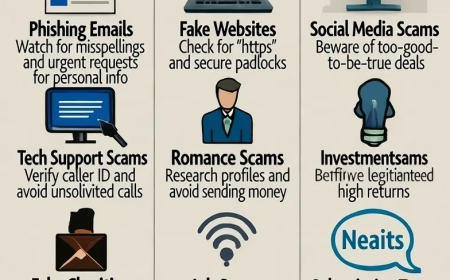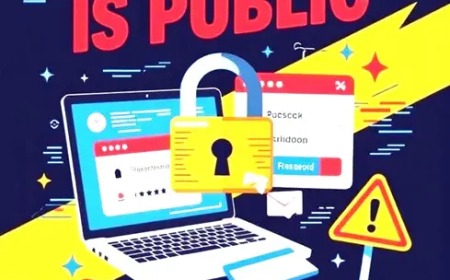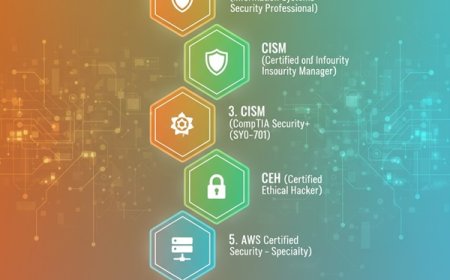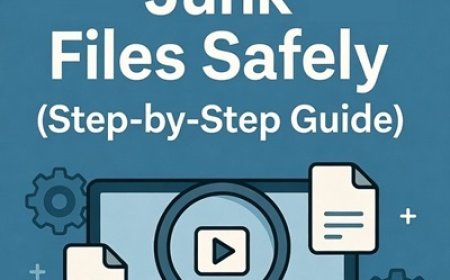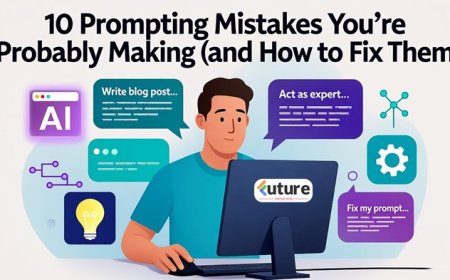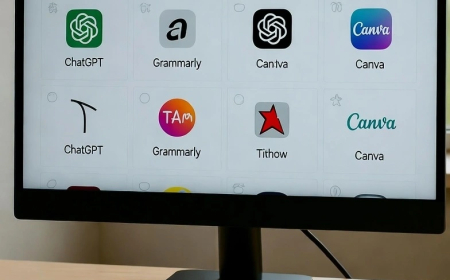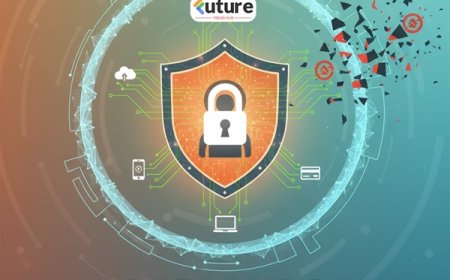Top 10 Common Online Scams and How to Spot Them (2025 Guide)
Stay safe online! Discover the top 10 most common online scams in 2025 and learn how to identify and avoid them with real examples and practical tips.
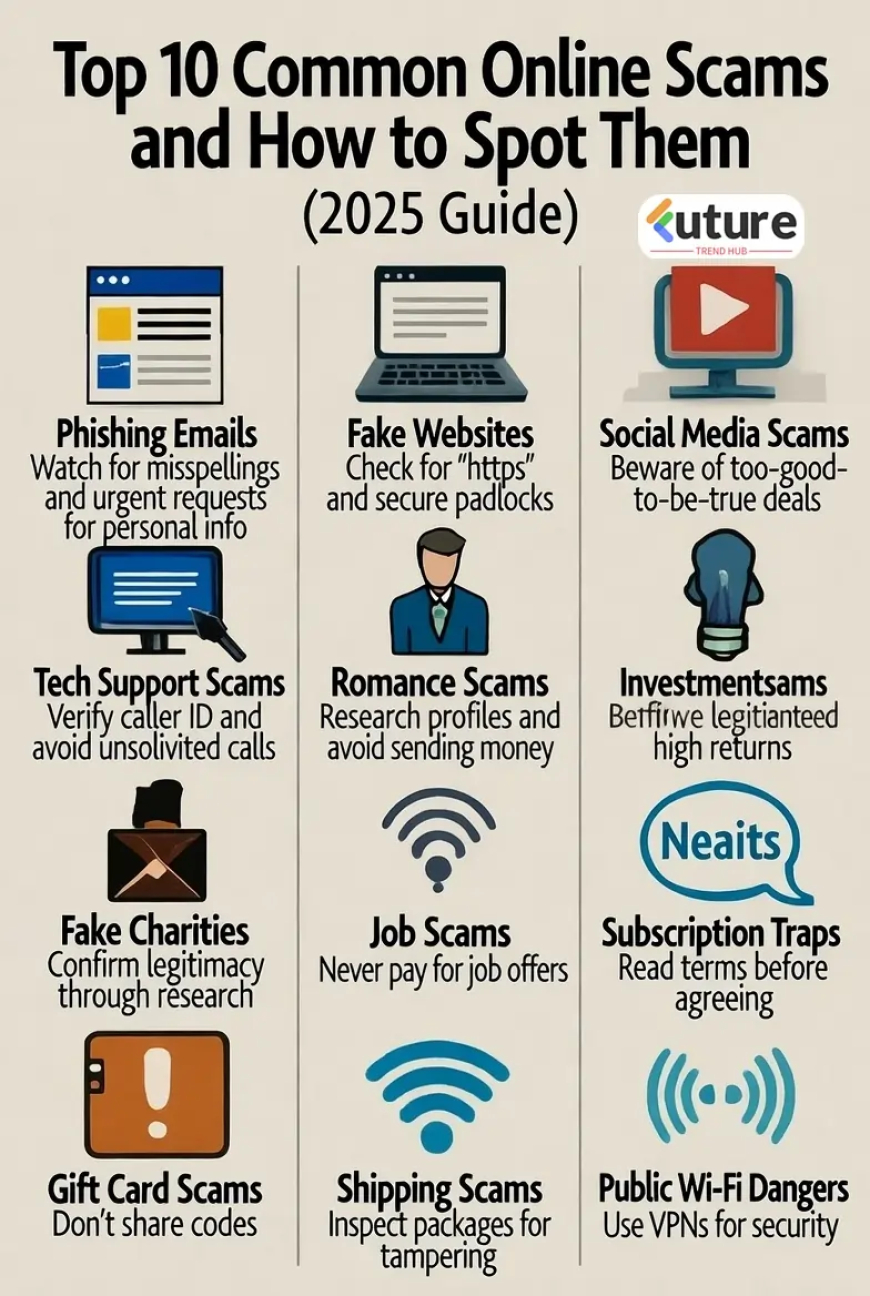
Top 10 Common Online Scams and How to Spot Them (2025 Guide)
By FutureTrendHub Editorial Team | Updated: November 2025
Have you ever received a text saying, “Congratulations! You’ve won a prize — click here to claim”? If yes, welcome to the world of online scams — a digital jungle where fraudsters are smarter than ever.
In 2025, online scams have evolved with AI, deepfakes, and social engineering tricks that even tech-savvy users sometimes fall for. But don’t worry — this article isn’t meant to scare you. It’s here to help you recognize the red flags and keep your digital life secure.
🔍 1. The “Phishing” Scam – The Classic Trap
Phishing remains the #1 online scam. You get an email or message that looks like it’s from your bank, Amazon, or even the government. The message asks you to “verify your account” or “update payment info.” Once you click, they steal your login details.
How to spot it: Always check the sender’s email address and hover over links before clicking. Legit companies never ask for passwords over email.
💰 2. Fake Job Offers & Work-From-Home Scams
“Get ₹10,000 a day just by liking videos!” Sounds familiar? These fake job scams have exploded on Telegram and WhatsApp. Scammers promise high income but ask for a small “registration fee” — and then vanish.
Pro Tip: Real employers don’t charge you to get hired. Always verify company details on official websites or LinkedIn.
🎁 3. Lottery or Prize Scams
You get a message claiming you’ve won a car or a smartphone giveaway you never entered. The catch? They ask you to pay a small “processing fee.” And just like that — your money’s gone.
How to spot it: If it sounds too good to be true, it usually is. No legitimate prize requires payment upfront.
📱 4. Social Media Impersonation Scams
You might see a familiar face — a friend, influencer, or even a celebrity — asking for money or sharing suspicious links. In 2025, deepfake technology has made fake profiles almost indistinguishable from real ones.
Stay safe: Double-check usernames, profile links, and mutual friends. When in doubt, contact the person directly through another verified channel.
🛒 5. Fake Shopping Websites
The ad shows a designer watch at 80% off. You click, order — and either never receive it or get a cheap imitation. These fake e-commerce sites are rising fast in India and globally.
How to avoid: Check reviews, verify the website URL (look for https://), and avoid deals that seem unrealistic.
💳 6. Credit Card or Banking Fraud
Fraudsters can now clone cards or trick you into sharing OTPs. In 2025, AI-based voice mimicking has made “bank officer” calls dangerously believable.
Tip: Never share OTPs, CVV, or PINs. Banks will never ask for these details over calls or SMS.
🏠 7. Online Rental or Property Scams
Scammers post fake rental ads with unbelievable prices. Once you transfer an “advance deposit,” they disappear — and so does your dream apartment.
How to avoid: Always visit the property or video-verify before paying. Use trusted real estate platforms only.
🧾 8. Fake Technical Support Calls
You receive a call: “Your computer is infected! We can fix it remotely.” The moment you give access, they install malware or steal data.
Tip: Microsoft, Apple, or Google will never randomly call you. Hang up and report such calls.
🎮 9. Gaming & App Store Scams
Scammers target young users with fake game credits, mods, or paid app versions for free. Clicking these can install spyware on your device.
Stay alert: Download apps only from official stores like Google Play or Apple App Store.
💌 10. Romance & Dating Scams
Online dating is real — but so are fake profiles. Scammers build emotional connections, then ask for money citing “emergencies.”
Red flag: If someone you’ve never met asks for financial help — block and report immediately.
🚨 Bonus Tip: Stay Cyber-Smart
- Enable 2-Factor Authentication (2FA) on all accounts.
- Keep your software and antivirus updated.
- Use a password manager for complex passwords.
- Educate your family and friends — awareness is your best defense.
Cybercriminals thrive on fear and urgency. The moment you slow down and verify before clicking, you’ve already won half the battle.
💬 Final Thoughts
Staying safe online doesn’t mean avoiding the internet — it means being smart while using it. Scams will keep evolving, but so can your awareness. Share this article with someone who might need a digital wake-up call — because the best defense is knowledge.
Written by the FutureTrendHub Cyber Awareness Team — empowering India to stay safe in the digital era.
What's Your Reaction?
 Like
0
Like
0
 Dislike
0
Dislike
0
 Love
0
Love
0
 Funny
0
Funny
0
 Angry
0
Angry
0
 Sad
0
Sad
0
 Wow
0
Wow
0








